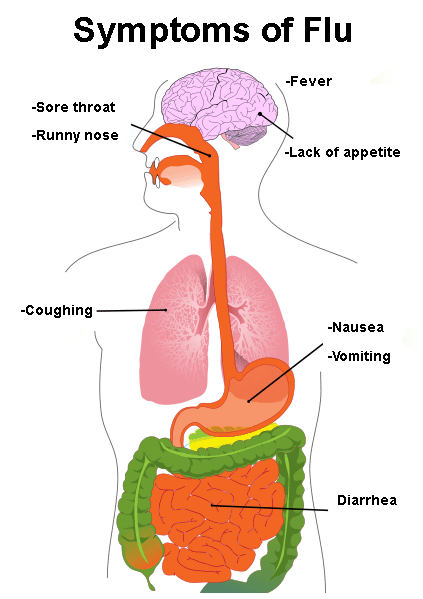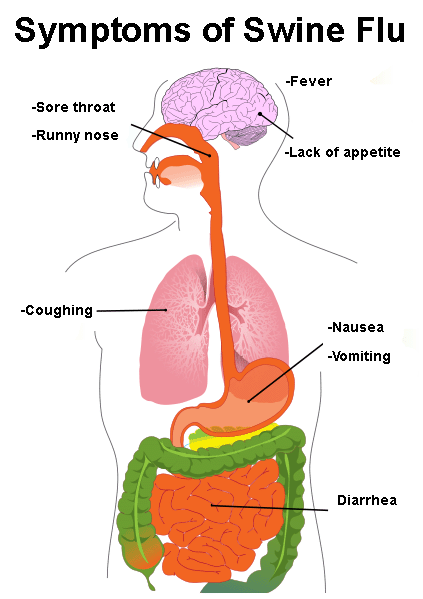They aren't there anymore.
It looks like schools across the nation are following this trend of stacking vending machines with water instead of soda. It looks like in New York, Mayor Bloomberg is at it once again. I remember it was not too long ago when he wanted to enact a "fat tax" (taxing people extra on junk food).
I doubt that taking a few bags of chips and cookies out of the vending machine will solve this war on obesity that's so rampant America. Sure, it helps on some degree, but it's a small one. I think eating habits in kids are largely influenced by the parents, not the machines in school.
In response to the swine flu post:


-Phoebe Chao
10 comments:
If gummy worms aren't available at school, it won't take long for someone to figure out that he/she can bring it to school, hence nullifying the ban.
Well, it's a step towards quelling obesity. Of course with almost all bans, people will start trying to find ways of getting around it (cough* the anti-alcohol period US* cough). I think overall, it's a sign that mayors and officials are starting to actually care about obesity in America (even it if is the tiniest bit).
- Henry Zhang
Every little bit counts. I do agree that parents have a big influence on the child's eating habits, but what are you going to do? Ban parents from buying junk food to prevent their kids from becoming overweight?
The banning of the baked goods reminded me strongly of the extreme limiting of food sales at Aragon. Both don't seem to take into account the effects of their (probably) well-intentioned rules. In New York, clubs, groups, and ultimately the students are taking the hit, much like they are here. The Aragon Latino Parents Group, for example, held numerous bake sales last year to raise scholarship money. As a result, they were able to give varying amount of money to all of the applicants for the scholarship. This year, with a major source of funding gone, it is questionable if they will be able to give some money to all, especially since rising college prices and a continually bad economy might result in more applicants.
On a different (and possibly slightly off-topic) subject...
The actions of Mayor Bloomberg with the "fat tax" seem to mirror Mayor Newsom's "Soda tax." Both are under the appearance of trying to make America "healthier." Yet, I feel the soda tax will neither raise enough revenue to truly make a difference (which I believe to be the reason for the tax rather than merely trying to stop the evil dangers of obesity), nor curb obesity (W.V. and Arkansas have soda taxes, and their still among the "fat states"). Chocolate milk has more calories and fat per an ounce than soda-why not tax that? Is it simply because soda is an easier target?. And why should soda or junk food be taxed extra and not T.V.s, or video games, which are just as much a cause of obesity?
Overall, people that want to eat gummy worms, will do so, whether they are in vending machines at school or not. And with the current situation in the U.S., I think the Mayor of New York might have better things to do than ban bake sales at schools. Especially when, by limiting their activities and resources, the ban hurts the student more than it helps them.
I knid of agree with the topic that it should be taken out of schools. In my biotech class we are working with glucose test strips . This is suggar test strips for diebetics. My teacher informed me that in the past type two diabeties was only found in older people around the ages of 60 because of there non move ment and bad eating habbets(high suger higd fat diet) and not being able to take real care of themselfs. There is now type two diabeties found in nine yearolds. I think things need to change if a 9 yearold is as sick as an 60 yearold.
I agree with Henry on the point that people will get around it, especially since most of us go through downtown san mateo to get to school, and can easily stop at Walgreens and stock up.
I think that the problem isn't in the school; it's at home. Most parents work a full day, so of course they're tired when they get home. Hell, we're tired when we get home, so I can only imagine how the parents feel. The point is, buying fast food is a lot easier for most parents, and they don't normally think it's a bad thing because they think they're kid has the metabolism of an All-Star Pro Athlete, so they won't gain weight. Yeah, maybe they are now, but how long does that last?
If the government wants to do something about the obesity "crisis", make good food more accessible (ie CHEAPER!)
"I think eating habits in kids are largely influenced by the parents, not the machines in school."
I mentioned this earlier but, it's both the parent's and the child's fault. The child has to have a sense of what's good to eat and what's bad to eat. I mean, what, a child will grow up to be 20 not knowing that eating Carls Jr. 5 days of the week is unhealthy? Notice how I didn't take matters into extremes. Kids have to have the will to take appropriate measures to good eating habits as well as their parents. It's a two man job. It's never just one person's fault.
Also, I don't think the flu has all of those characteristics. I think the Swine Flu has all of those symptoms but not your average flu. I could be wrong, but I'm quite confident. Not sure, if this was a joke, it probably is but, the pics are same.
-Andrew Oxendine 3°
I agree with most of you guys.
What a person's home and family is like largely influences how they live and eat. A ban of junk food at school is not gonna solve the over weight problems. This is because a person can just go buy junk food at a market after school.
A family may be a large reason why people choose to eat junk foods, but i think it is mostly the individual who chooses. People can make their own decisions. Everyone is warned about the consequences of eating such unhealthy foods. HOwever, people still eat them regardless. If a person is over weight, i think that person only has himself to blame.
I have to agree as well that just by taking the food out of the vending machine, it will not stop people from eating what they want. Kids will still go to grocery stores such as Safeway and easily purchase gummy worms (or whatever junk food item they want) and bring it to school.
I actually do it now. Since the vending machines do not serve my favorite bag of chips anymore, I just bring them from home!
"The child has to have a sense of what's good to eat and what's bad to eat."
Not necessarily. It really depends on the kid's age. You can't possibly tell a 3-year that the McDonalds he/she is eating is bad for him/her, and expect him/her to believe you.
"Both don't seem to take into account the effects of their (probably) well-intentioned rules. In New York, clubs, groups, and ultimately the students are taking the hit, much like they are here."
Banning the baked goods was probably too extreme, but I can see why they decided to do so.
Going along that line of reasoning - doing just about whatever it takes to raise funding for various activities - one might as well suggest selling alcoholic beverages during the dance(s) to raise funding for the various activities that happen at school.
" Chocolate milk has more calories and fat per an ounce than soda-why not tax that? Is it simply because soda is an easier target?."
No, because milk has more nutritional content than soda.
"Both are under the appearance of trying to make America "healthier." Yet, I feel the soda tax will neither raise enough revenue to truly make a difference (which I believe to be the reason for the tax rather than merely trying to stop the evil dangers of obesity), nor curb obesity (W.V. and Arkansas have soda taxes, and their still among the "fat states")."
It works both ways. If the tax doesn't reduce habits by a large amount, then we can obtain revenue from it. But if it does reduce poor dieting habits by a large amount, then we have improved the overall public health and we would have a little source of revenue.
Post a Comment